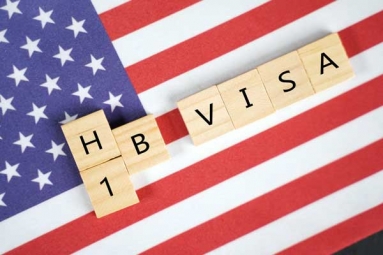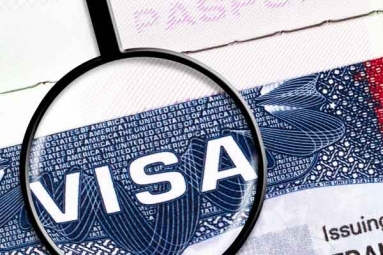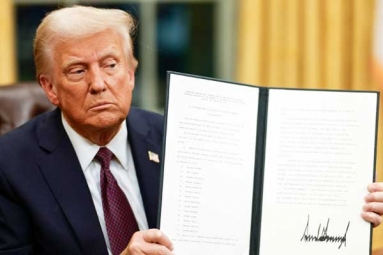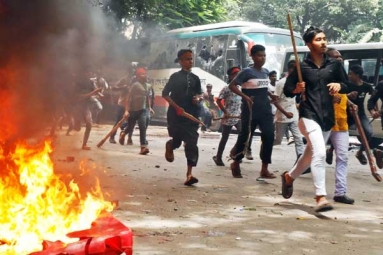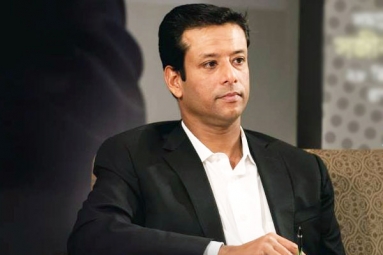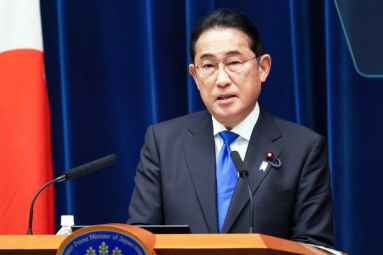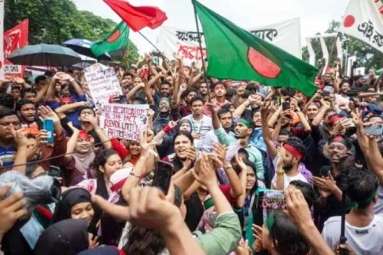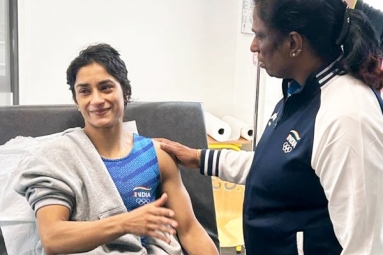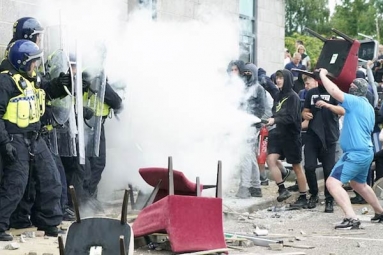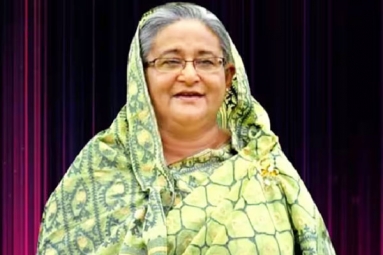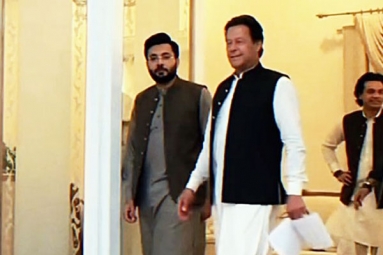
India's rescue operations in Yemen have been widely appreciated and 23 countries seeking help in evacuating their nationals is testimony of this fact. The rescue operations in Yemen were probably one of the toughest for India since the battle is not just fierce, but there are several stake holders in this war.
The Shia Houthi rebels, Al-Qaeda, the Yemen government and also Saudi Arabia are all locked in war and this scenario could be extremely confusing for any rescue team since none know who the enemy really is.
Yemen rescue op: Why India did better There are various factors that have ensured that India carried out a better rescue operation when compared to the rest of the nations. The diplomacy with Saudi Arabia directly overseen by Prime Minister Narendra Modi, vast experience gained in the Iraq rescue operation and more importantly not taking sides in the Yemen conflict has led to Operation Raahat being such a huge success.
No room for red tape:
Normally evacuation operations are hit by red tape. However, India has ensured that the top brass would be part of the rescue team and this would ensure reduction in any sort of delay. It was a combined effort of both military and civilian assets directly monitored by the Prime Minister's office and the Ministry for External Affairs.
In a rescue operation there are several stumbling blocks that arise when it comes to taking decisions. Normally the chief of operations needs to take orders from the ministry at all times if there are diplomatic issues that crop up.
However the presence of General V K Singh at the scene of operations has done India a world of good since direct and quick decisions were taken. Operational heads normally enter into a spot of bother when it comes to taking diplomatic decisions.
In the case of Yemen there was no room for any delay. In fact a delay would have been fatal and there were split second decisions to be taken. The Indian contingent literally pulled out its citizens amidst gun fire and bombs and for this there was a need to have a top man from the ministry at the scene to take immediate decisions.
Diplomacy with Saudi Arabia:
Dealing with Saudi Arabia was extremely crucial in such an operation. After all it is a major player in the Yemen conflict and has taken upon itself to beat down the Shia Houthi rebels. While it could be argued that the entry of Saudi has led to the situation turning sectarian in nature (Sunni vs Shia), India did understand that taking the Saudis along was extremely crucial to these rescue operations.
Prime Minister Narendra Modi was in constant touch with the Saudi King Salman. The direct contact between the two leaders was extremely crucial for this operation. Saudi has placed its troops in strategic pockets in Yemen and it was extremely important for India to negotiate with them.
The entire process was done while the Prime Minister was in touch constantly with King Salman. There were decisions that were needed to be taken and all through India stayed in touch with Saudi to negotiate a safe access for its aircrafts which was to ferry Indians out of Yemen.
Staying neutral:
India has taken a deliberate stand not to interfere in the Yemen conflict. India normally does not interfere in conflicts and has always played a role when it comes to humanitarian aid. India feels that this is an issue which concerns the locals and other players in Yemen and hence any interference would not be appreciated by any.
This practically would mean that in Yemen, India does not have any enemy and this has in fact also helped in the evacuation mission. Indians are not the target in Yemen and any group fighting in there would not deliberately look out for Indians to target.
India has taken a similar approach in Iraq as well from where it had rescued several stranded Indians. Experts tell Oneindia that this is a stand which has always taken and in times of conflict it has helped India especially when it came to rescue operations. India is also aware a neutral position is always the best bet since taking any stand would not only endanger its citizens but also cause problems back home.
Experience and intelligence: India has a vast experience in rescue operations. We witnessed it recently in Iraq when several Indians were rescued from the blood stained streets of Iraq. It is always difficult to rescue citizens out of a country where the battle is extremely unorganized. India has also carried out similar rescue operations in Libya in 2011 and Lebanon in the year 2006.
In such operations Intelligence too plays a very key role. The Research and Analysis Wing has worked overtime coordinating with agencies in the United States of America and also in Saudi Arabia picking up minute to minute details of the happenings in Yemen.
The rescue team in Yemen was provided real time updates regarding the conflict and as a result of this they were able to make quick decisions on their movement. There were several times during the rescue operation that routes had to be changed as forces fighting in Yemen began to approach the streets unannounced. These movements were picked up by the intelligence agencies and in turn passed on to the rescue team which strategized accordingly.
- Manohar. M




